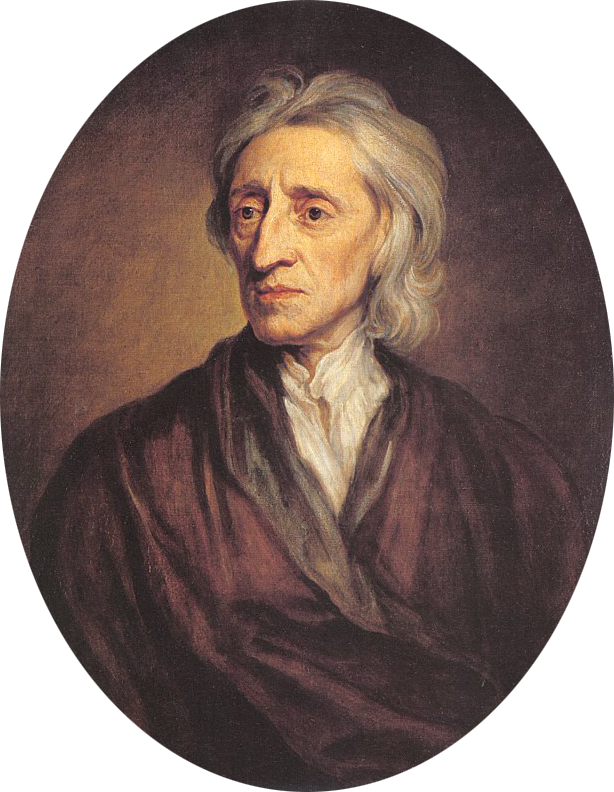What worries you, masters you.

"John Locke" Fellow of the Royal Society/FRS, was an English philosopher and physician regarded as one of the most influential of Age of Enlightenment/Enlightenment thinkers and known as the "Father of Classical liberalism/Classical Liberalism". Considered one of the first of the British Empiricism/empiricists, following the tradition of Sir Francis Bacon, he is equally important to social contract theory. His work greatly affected the development of epistemology and political philosophy. His writings influenced Voltaire and Rousseau, many Scottish Enlightenment thinkers, as well as the American Revolution/American revolutionaries. His contributions to classical republicanism and liberal theory are reflected in the United States Declaration of Independence.
If you enjoy these quotes, be sure to check out other famous philosophers! More John Locke on Wikipedia.The actions of men are the best interpreters of their thoughts.
All wealth is the product of labor.
The discipline of desire is the background of character.
I have always thought the actions of men the best interpreters of their thoughts.
All mankind... being all equal and independent, no one ought to harm another in his life, health, liberty or possessions.
If we will disbelieve everything, because we cannot certainly know all things, we shall do much what as wisely as he who would not use his legs, but sit still and perish, because he had no wings to fly.
Parents wonder why the streams are bitter, when they themselves have poisoned the fountain.
Good and evil, reward and punishment, are the only motives to a rational creature: these are the spur and reins whereby all mankind are set on work, and guided.
Curiosity in children, is but an appetite for knowledge. One great reason why children abandon themselves wholly to silly pursuits and trifle away their time insipidly is, because they find their curiosity balked, and their inquiries neglected.
Man... hath by nature a power.... to preserve his property - that is, his life, liberty, and estate - against the injuries and attempts of other men.
We are a kind of Chameleons, taking our hue - the hue of our moral character, from those who are about us.
A sound mind in a sound body is a short but full description of a happy state in this world.
No man's knowledge here can go beyond his experience.
Earthly minds, like mud walls, resist the strongest batteries; and though, perhaps, somethimes the force of a clear argument may make some impression, yet they nevertheless stand firm, keep out the enemy, truth, that would captivate or disturbe them.
New opinions are always suspected, and usually opposed, without anyother reason but because they are not already common.
Reading furnishes the mind only with materials of knowledge; it is thinking that makes what we read ours.
There cannot be greater rudeness than to interrupt another in the current of his discourse.
The dread of evil is a much more forcible principle of human actions than the prospect of good.
The end of law is not to abolish or restrain, but to preserve and enlarge freedom. For in all the states of created beings capable of law, where there is no law, there is no freedom.
Till a man can judge whether they be truths or not, his understanding is but little improved, and thus men of much reading, though greatly learned, but may be little knowing.
Our incomes are like our shoes; if too small, they gall and pinch us; but if too large, they cause us to stumble and to trip.
Copyright © 2024 Electric Goat Media. All Rights Reserved.